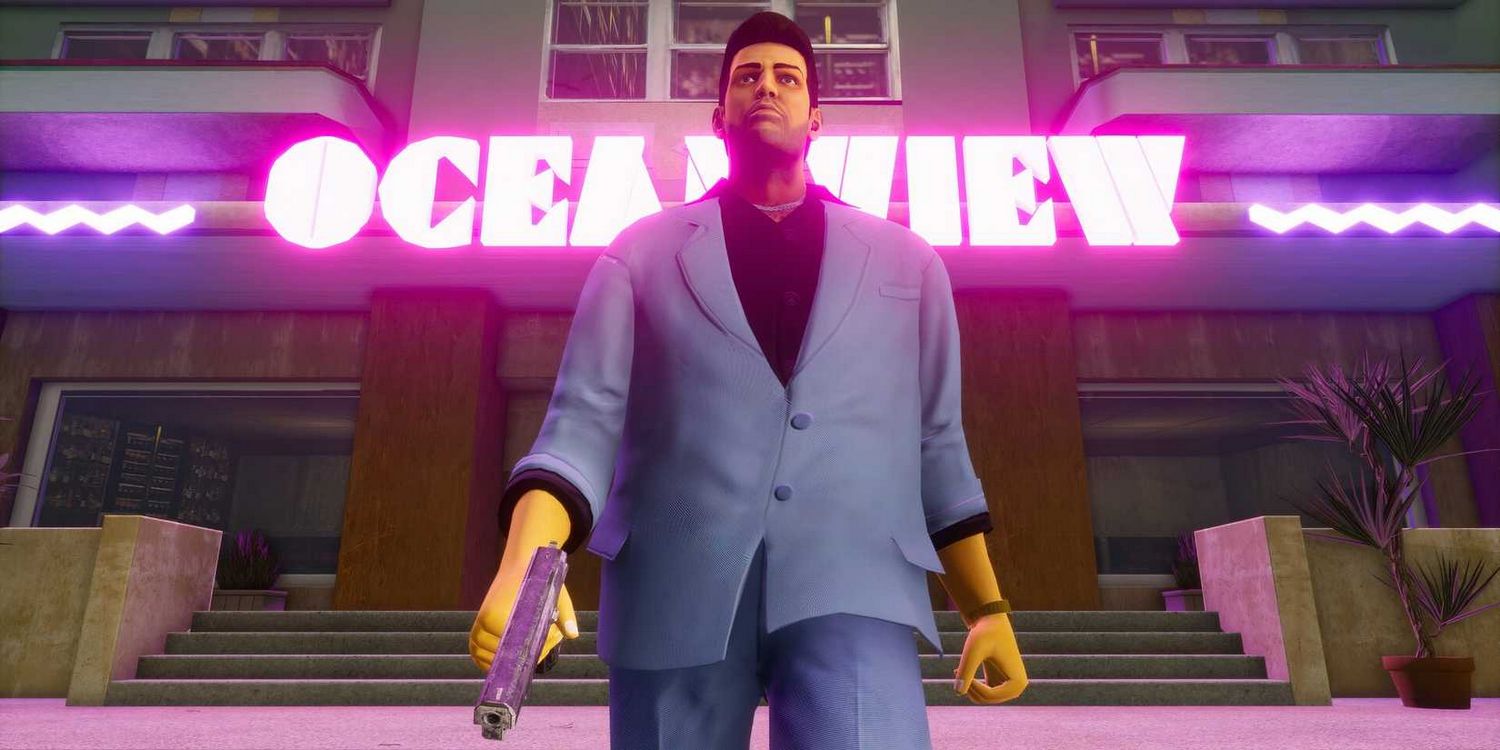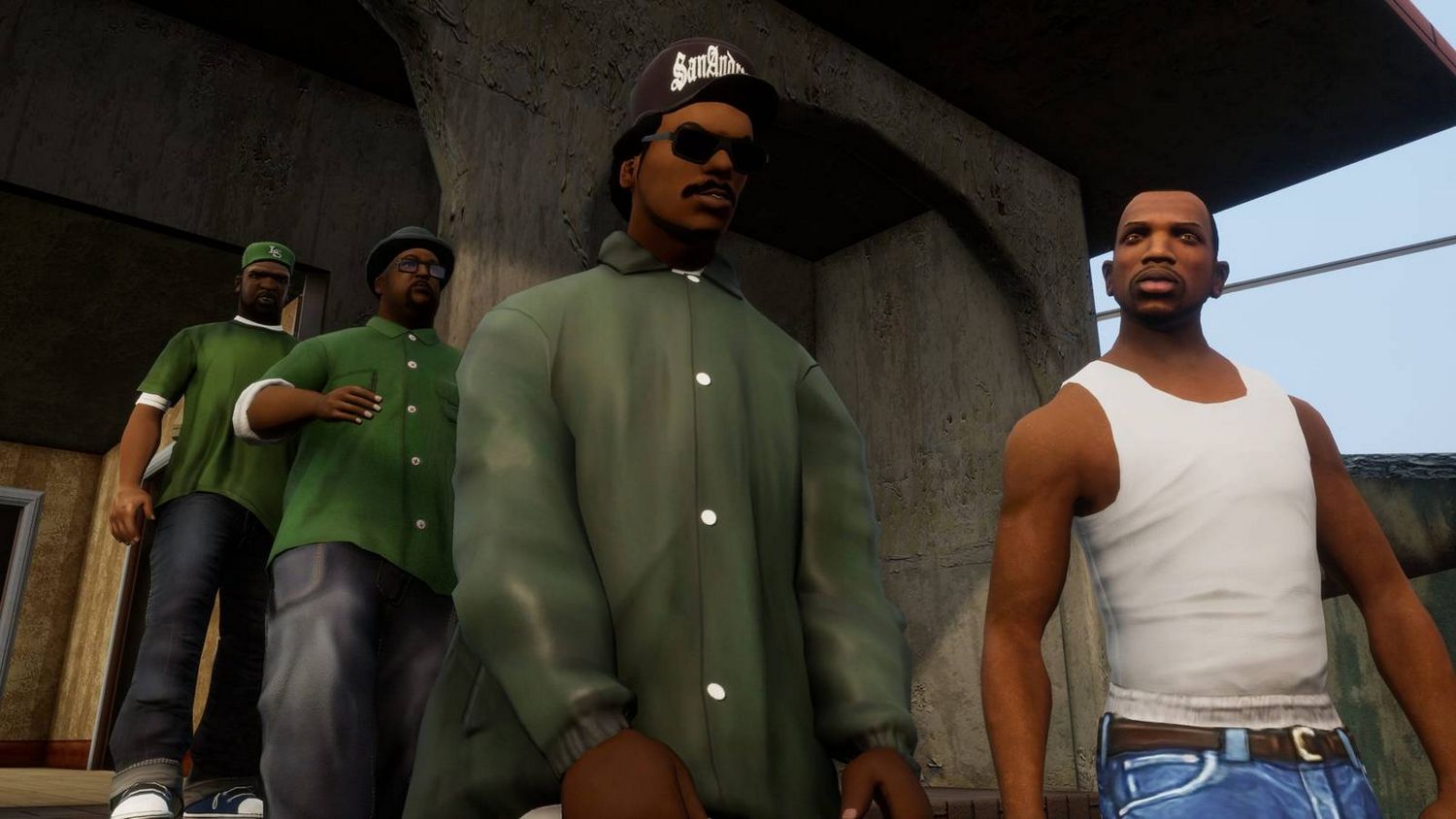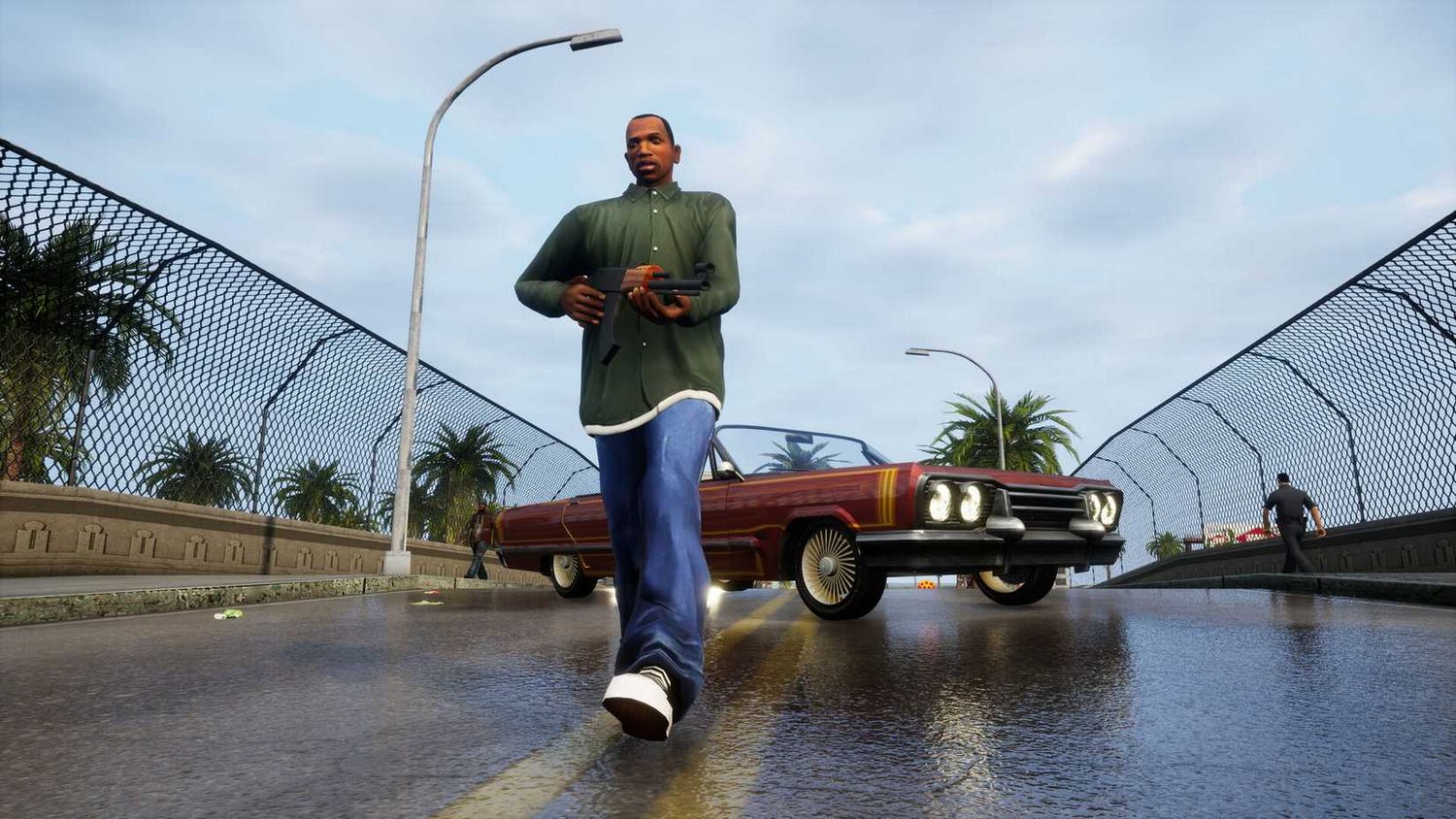University of Tennessee Announces ‘Grand Theft Auto’ History Class, Using Games to Study U.S. History
Popular Now
 Fall Guys
Fall Guys
 League of Legends
League of Legends
 Brawl Stars
Brawl Stars
 Schedule I
Schedule I
 BeamNG.drive
BeamNG.drive
 Candy Crush Saga
Candy Crush Saga
 Among Us
Among Us
 Genshin Impact
Genshin Impact
 Free Fire Max
Free Fire Max
 Roblox
Roblox 
In a sign of the ever-growing cultural and academic acceptance of video games, a major U.S. university has announced a new history course that will use the Grand Theft Auto series as its primary framework for study. The University of Tennessee in Knoxville will offer a class titled “Grand Theft America: U.S. History Since 1980 through the GTA Video Games,” starting in January 2026. This groundbreaking course will use Rockstar’s iconic and often controversial game franchise as a lens to explore a wide range of real-world historical, social, and political events. The news has created a significant buzz among both gamers and academics, positioning the course as a unique and modern approach to studying the past.
The class, which will be taught by history professor Tore Olsson, is not a course on how to play GTA, nor is it a simple examination of game lore. According to Olsson, the course is “much more about American history than the games themselves, but GTA provides the framework that structures our exploration of the past.” The course is designed to explore how the games, with their satirical and exaggerated depictions of American life, reflect the real-world transformations that have taken place since 1980. From the drug wars of the 1980s in Vice City to the Los Angeles Riots of 1992 depicted in San Andreas, the class will use the games’ settings and narratives as a starting point for serious academic discussion. This is a powerful validation of video games as a medium with legitimate historical and cultural value.
 The Course Curriculum: A Deep Dive into Digital History
The Course Curriculum: A Deep Dive into Digital History
The course’s syllabus is a fascinating blend of video game analysis and traditional historical study. Students will not be required to own or play the games themselves; instead, the professor will use curated gameplay clips, screenshots, and in-game radio stations as teaching tools. This approach ensures that the class is accessible to all students and places the emphasis on the historical context rather than the gameplay mechanics. Key themes and periods to be explored include:
- The 1980s: Using Grand Theft Auto: Vice City as a backdrop, the class will explore the culture of consumerism, the rise of the drug trade, and the geopolitical tensions of the Cold War era.
- The 1990s: Grand Theft Auto: San Andreas will serve as a window into the crack epidemic, the L.A. Riots, and the complex issues of race and class in urban America.
- The 2000s and Beyond: The course will analyze the modern-day world of Grand Theft Auto V, looking at the Great Recession, the increasing polarization of media, and the culture of celebrity.
 Professor Olsson is no stranger to this innovative approach to teaching history. He previously taught a popular course on American history using Rockstar’s Red Dead Redemption series, a course that received academic recognition and was profiled in scholarly publications. The success of that class, and the high demand for a similar offering, led to the creation of the GTA course. The fact that the course was reportedly planned to include GTA 6 before its delay to May 2026 further underscores the academic world’s recognition of the franchise’s cultural impact.
Professor Olsson is no stranger to this innovative approach to teaching history. He previously taught a popular course on American history using Rockstar’s Red Dead Redemption series, a course that received academic recognition and was profiled in scholarly publications. The success of that class, and the high demand for a similar offering, led to the creation of the GTA course. The fact that the course was reportedly planned to include GTA 6 before its delay to May 2026 further underscores the academic world’s recognition of the franchise’s cultural impact.
The Broader Implications for the Gaming and Education Industries
The establishment of this course is a landmark moment. For years, video games have been dismissed by some as a frivolous form of entertainment. However, this course directly challenges that notion, demonstrating that games can be rich, complex cultural artifacts worthy of serious academic study. The fact that a major university is granting academic credit for a course centered on a blockbuster video game franchise is a powerful validation of the medium’s artistic and historical value. This trend is not isolated; a number of universities are now offering courses on the history and theory of video games, but this is the first time a history course has been built so directly upon the Grand Theft Auto series.
This development also reflects a broader shift in the education system to engage with students through the media and entertainment they consume. By using a familiar and engaging medium like GTA, the university hopes to attract students who might not be interested in a traditional history class. This is a brilliant strategy for boosting enrollment and demonstrating the relevance of humanities in the modern world. The announcement of the course has already generated a significant amount of online discussion, with high-CPC keywords like “GTA 6” and “GTA course” trending across social media. The high level of interest suggests that this course will be one of the most popular offerings at the university in the upcoming semester, proving that the worlds of gaming and academia are more connected than ever before.









 The Course Curriculum: A Deep Dive into Digital History
The Course Curriculum: A Deep Dive into Digital History